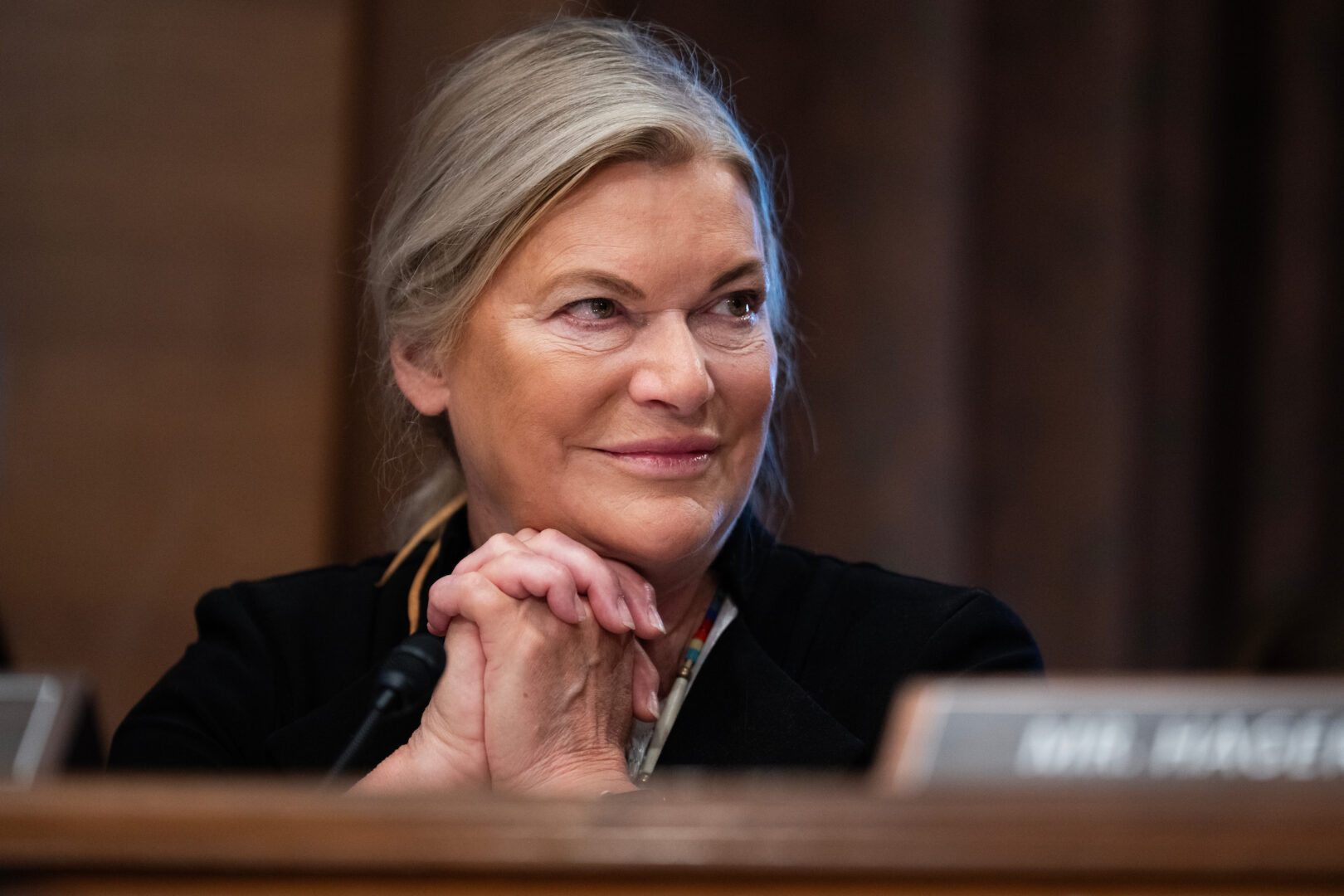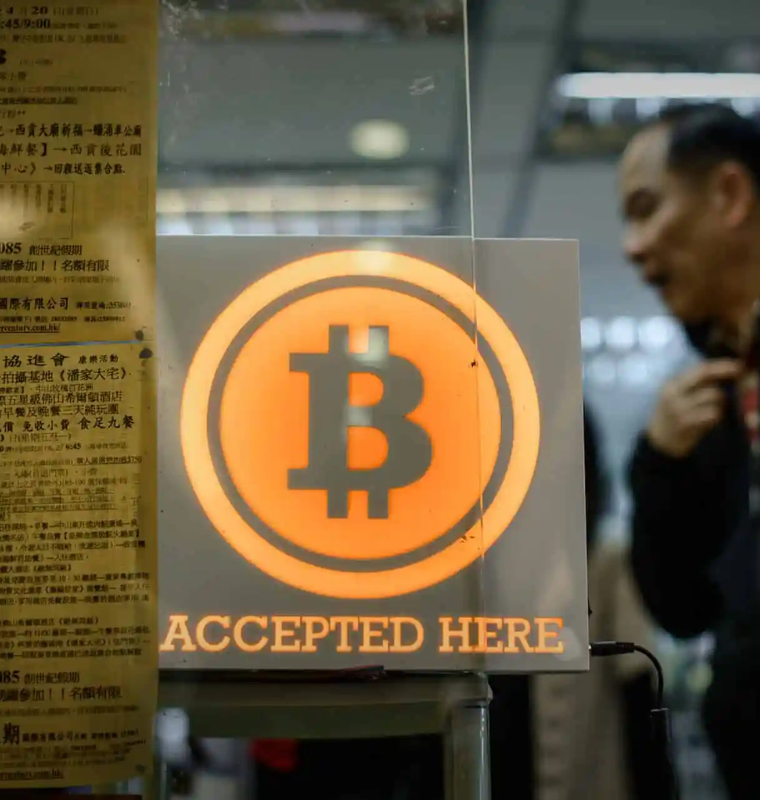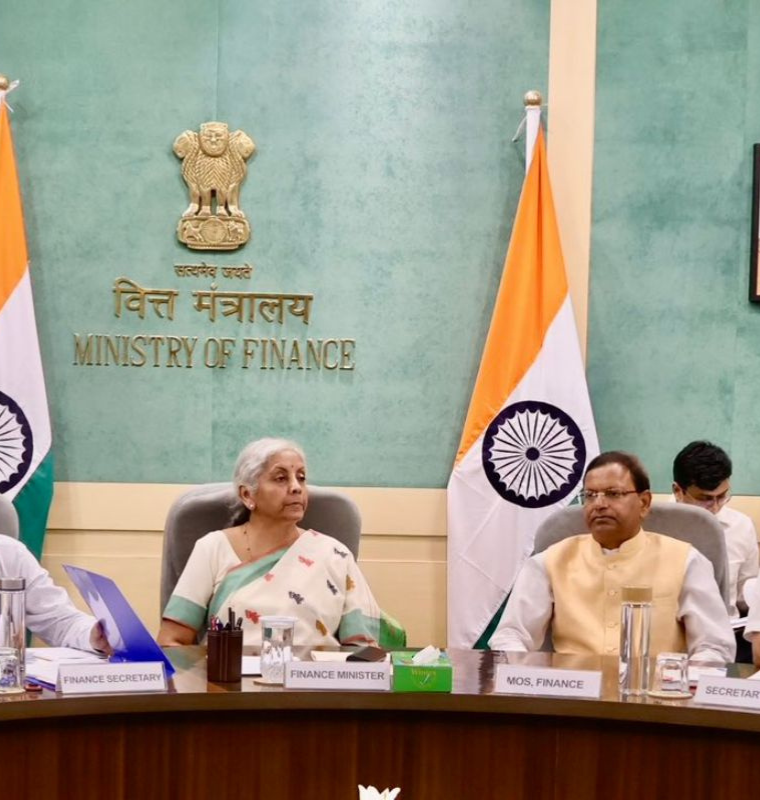Crypto CEOs Scramble to Rescue Landmark Digital Assets Bill Amid Senate Gridlock
Crypto CEOs Scramble to Rescue Landmark Digital Assets Bill Amid Senate Gridlock
By
Rachel Steinberg
Last updated:
October 26, 2025
First Published:
December 2, 2025

Photo: Roll Call
The crypto industry is facing one of its most consequential political battles yet. As lawmakers in the United States Senate struggle to reach consensus on a landmark digital assets bill, top executives from leading crypto companies are making an urgent push to prevent the legislation from collapsing. The bill, designed to clarify regulations around digital currencies and blockchain based assets, has become a flashpoint for debate about innovation, consumer protection, and financial sovereignty.
The bill that could redefine the industry
At its core, the proposed legislation aims to bring long awaited structure to how cryptocurrencies are classified, traded, and taxed. It outlines frameworks for stablecoins, decentralized finance platforms, and cross border crypto transactions. Supporters argue that it will give legitimacy to the industry and attract institutional investment. Critics, however, worry that excessive compliance measures could stifle innovation and push startups out of the country.
A race against political time
The bill’s progress has been stalled by partisan disagreements and lobbying pressure from both financial institutions and crypto advocates. With the legislative session nearing its end, time is running out. Executives from major exchanges, blockchain networks, and fintech firms have intensified their efforts in Washington. Private meetings, open letters, and coordinated campaigns are all part of a growing effort to convince lawmakers that passing the bill is vital for maintaining the nation’s leadership in digital finance.
Corporate voices grow louder
Among the industry’s most vocal advocates are the CEOs of large exchanges and blockchain infrastructure firms. They have urged policymakers to view crypto not as a threat but as an opportunity to modernize financial systems. Many executives emphasize that without clear rules, innovation will continue to migrate to regions with more predictable regulations. This argument is resonating with lawmakers concerned about losing technological competitiveness to Europe and Asia.
The tension between innovation and control
The core of the debate revolves around the balance between innovation and oversight. Regulators want stricter safeguards against money laundering, fraud, and market manipulation. Meanwhile, entrepreneurs argue that the industry already operates under multiple layers of self regulation and transparency. Both sides acknowledge the need for structure, but they differ on how much government control is appropriate for a system built on decentralization.
Market uncertainty grows with every delay
Each week of delay in the Senate has fueled uncertainty across the crypto market. Traders are cautious, fearing that the bill’s failure could trigger stricter executive action or fragmented state level laws. Market analysts warn that the absence of federal clarity discourages long term investment and hinders mainstream adoption. As the impasse drags on, some companies are quietly relocating operations abroad to jurisdictions with clearer frameworks.
Lobbying reaches new intensity
Crypto lobbying has grown into one of the most well funded efforts in modern finance. Industry groups are deploying millions of dollars to educate lawmakers and influence policy outcomes. The messaging has shifted from ideological arguments about freedom to practical discussions about economic growth and job creation. The lobbying surge reflects the industry’s understanding that survival in the coming decade depends as much on political strategy as on technological innovation.
Investors and institutions watch closely
Large investors are following the developments with keen interest. A favorable regulatory outcome could unlock a new wave of institutional participation, driving liquidity and stability into the market. On the other hand, a failure to pass the bill could reinforce skepticism among cautious asset managers. The outcome will likely determine whether digital assets remain a niche investment or become fully integrated into mainstream finance.
A defining moment for U.S. leadership
Beyond the financial implications, the bill represents a test of the United States’ ability to lead in emerging technologies. Nations such as Singapore, the United Arab Emirates, and the United Kingdom have already implemented comprehensive crypto regulations. Many experts argue that if the U.S. fails to act, it risks ceding global influence over the standards that will define the next era of finance.
A fragile hope for resolution
As negotiations continue, optimism remains fragile. Insiders say that minor compromises could still revive the bill before the legislative calendar closes. For now, the industry stands at a crossroads. The next few weeks will determine whether the U.S. cements its role as a global hub for digital innovation or allows bureaucratic gridlock to push the future of finance elsewhere. For crypto CEOs and investors alike, the outcome of this struggle may shape the trajectory of the entire digital economy.
Popular articles
Subscribe to unlock premium content
Disney’s Timeless Magic and How the Entertainment Giant Continues to Shape Culture and Innovation

Imran Khan’s Economic Missteps Amid Political Chaos in Pakistan

The Philippines’ Digital Shift How Remittances and BPO Are Fueling Growth

Disney’s Timeless Magic and How the Entertainment Giant Continues to Shape Culture and Innovation

Imran Khan’s Economic Missteps Amid Political Chaos in Pakistan

Disney’s Timeless Magic and How the Entertainment Giant Continues to Shape Culture and Innovation









